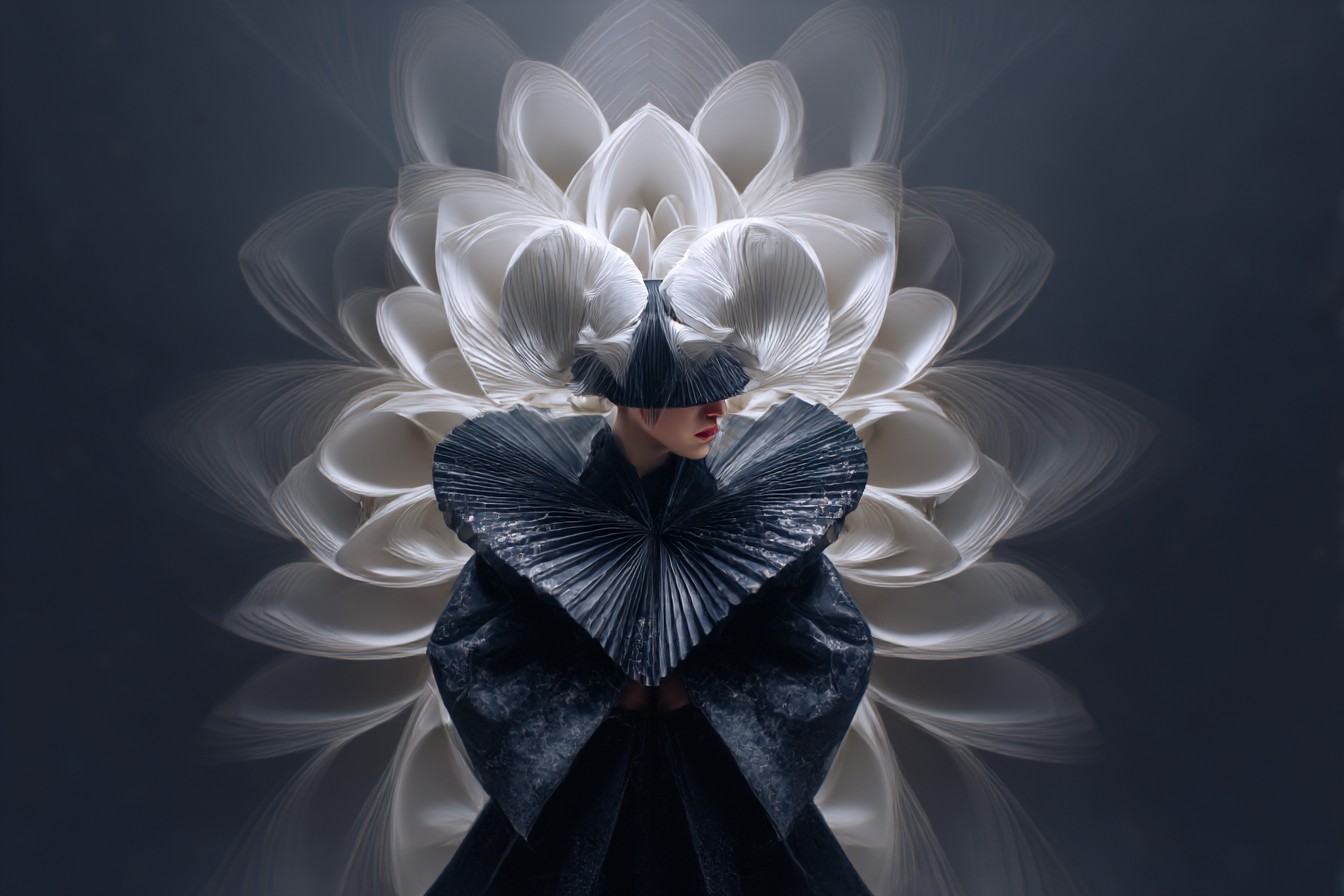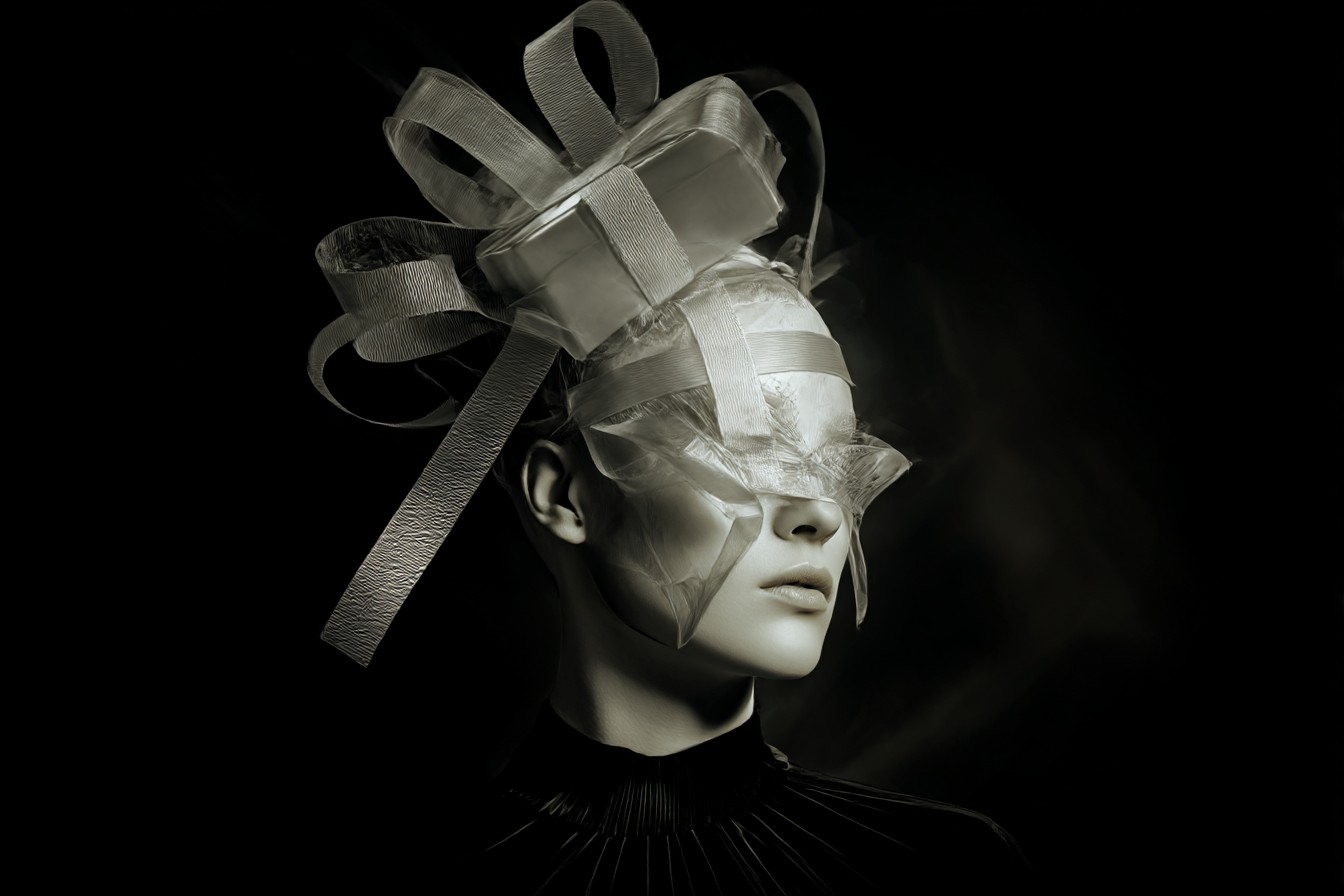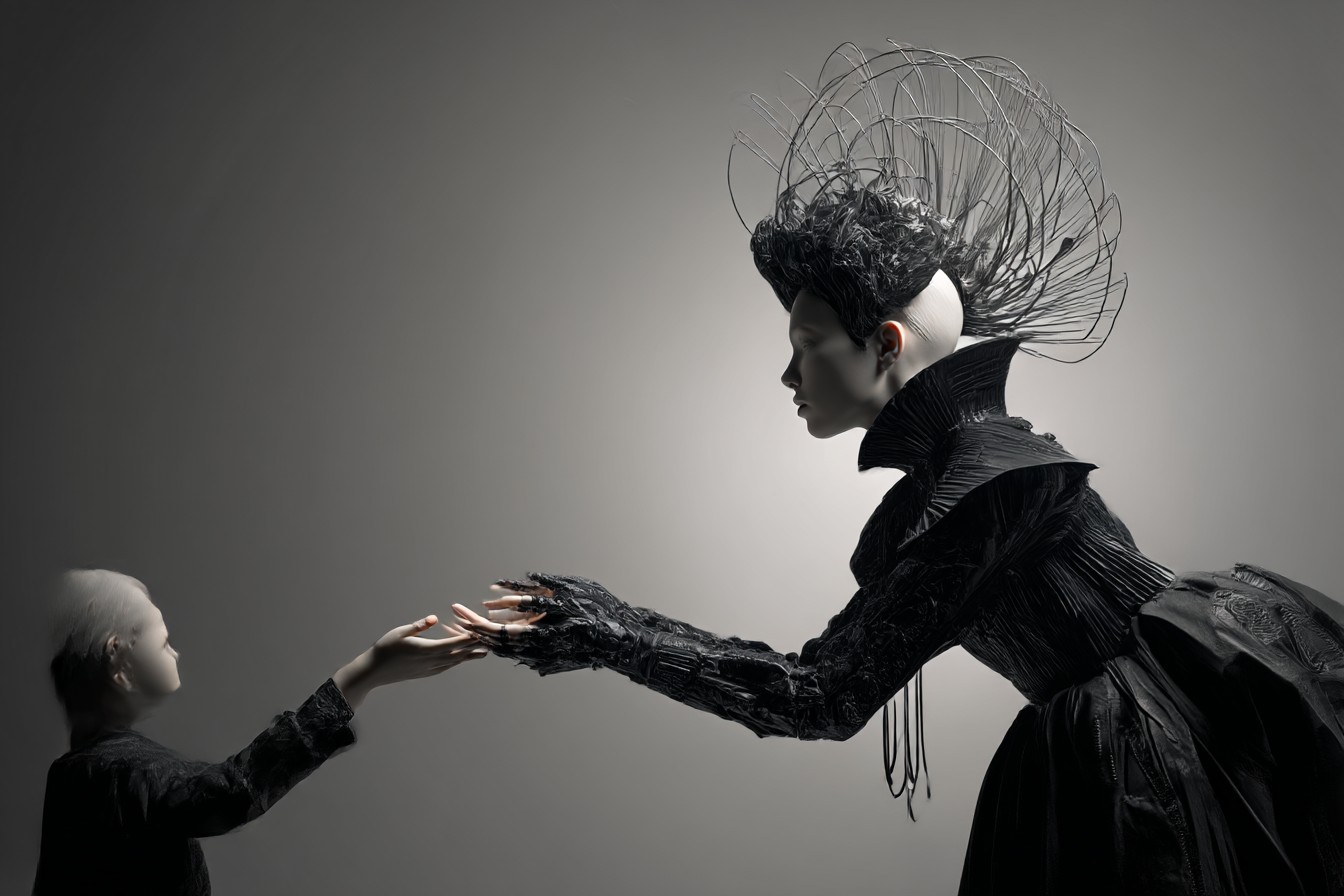I used to think I had the whole gift-giving thing figured out. After all, I’d been obsessively cataloging people’s preferences since I was old enough to wield scissors and tape. That Presidential Rock Incident of ’98 (long story, ask me later) launched me into a lifelong mission of finding the perfect present for every person in my life. I became the gift emergency hotline operator nobody asked for but everyone seemed to need.
But here’s the thing—I was missing something crucial. For years, I approached gifting with this weird mental accounting system. I’d give a thoughtful gift, and somewhere in the back of my mind, I’d be running calculations: Will they appreciate the effort? Will they reciprocate? Will they understand how much time I spent tracking down that vintage whatever-it-was they mentioned offhandedly six months ago?
It wasn’t until my early thirties that I realized how exhausting this was. And how, you know, kind of gross.
The shift happened after a particularly devastating Christmas. I’d spent three months orchestrating what I thought were perfect gifts for everyone. For my sister-in-law Melanie, I’d tracked down a ceramic artist who made these gorgeous mugs that looked exactly like the ones from her favorite childhood diner that had closed years ago. I’d paid a ridiculous amount in rush shipping and customs fees to get them here from Sweden in time. For Jake’s best friend Tyler, I’d found a first-edition of this obscure sci-fi novel he’d been hunting for forever. I’d even managed to get it signed by the author, which involved some mild stalking of the poor man’s book tour schedule and driving four hours to a tiny bookstore in western Massachusetts.
I’d wrapped everything with my signature touch—color-coordinated paper, handmade gift tags, the works. My dining room looked like a Hallmark movie had exploded in it for weeks. Jake had been eating takeout balanced on his lap because there wasn’t a square inch of table visible under my gift-prepping station.
Christmas Day arrived, and… well, let’s just say the reactions didn’t match my expectations. Melanie said a quick “thanks” before setting the carefully wrapped package aside to open something else. She never even took the mugs out of the box. Tyler was genuinely excited about the book, but in a way that felt performative—like he knew he should be impressed but wasn’t quite feeling it. My mom loved her gift but immediately started fretting about how she “hadn’t gotten me anything nearly as nice.”
I drove home from my parents’ house in silence while Jake dozed in the passenger seat. I felt hollow. Empty. Like I’d poured all this energy into a black hole. When we got home, I kicked off my boots and collapsed on our couch, staring at the ceiling.
“You okay?” Jake asked, bringing me a glass of wine and sitting on the arm of the sofa.
“No,” I admitted. “I think I’m done with Christmas.”
He snorted. “You? The woman who starts playing holiday music in October and has a spreadsheet called ‘Gift Perfection Matrix’? Sure.”
“I’m serious,” I said, sitting up. “It doesn’t… I don’t think it works the way I’ve been doing it.”
Jake slid down onto the couch beside me. “What do you mean?”
I struggled to articulate what I was feeling. “It’s like… I put all this thought and effort into finding these ‘perfect’ gifts, and I build up this expectation of how people will react, and then when they don’t—I don’t know—fall on the floor weeping with gratitude, I feel… resentful? Which is awful! Who gets resentful about giving gifts?” I covered my face with my hands. “Oh my god, I’m a monster.”
“You’re not a monster,” Jake said, prying my fingers away from my face. “But maybe you’re giving for the wrong reasons?”
That hit me like a ton of bricks. Was I? Had my genuine love of gift-giving morphed into something else when I wasn’t looking? Something with strings attached?
The following week, I was cleaning up the last of the holiday decorations when I found an unopened package behind the tree. It was small, wrapped in simple brown paper with my name on it. Inside was a leather-bound notebook with “For Your Next Big Idea” embossed on the cover and a note from my dad: “Livvy—Saw this and thought of you. No occasion. Just because you’re you. Love, Dad.”
I burst into tears. Not the pretty, photogenic kind—the ugly, snotty, mascara-everywhere kind.
That little notebook, given for no reason other than love, with zero expectation of my reaction or any reciprocation, hit me harder than any gift I’d ever received. And suddenly I understood why my elaborate Christmas gifts had felt so empty. I’d been giving to get something back—approval, gratitude, validation, reciprocity—instead of simply giving to give.
So I decided to try an experiment. For one full year, I would give gifts with absolutely no expectation of any particular response. No anticipating reactions. No waiting for thank-you notes. No keeping score of who reciprocated and who didn’t. Just putting something into the world that I thought might bring someone joy and then… letting it go completely.
It was harder than I expected. Like, WAY harder.
The first test came with my friend Dana’s birthday in February. I found this gorgeous vintage cocktail shaker that matched her mid-century apartment aesthetic perfectly. Pre-epiphany Olivia would have wrapped it elaborately, maybe included a set of recipe cards for drinks I knew she liked, and then sat there expectantly while she opened it, waiting for the exact level of appreciation I’d decided was appropriate for the effort I’d put in.
New-leaf Olivia? I kept the gift simple. Wrapped it nicely but not over-the-top. Handed it to her at dinner with a casual “Saw this and thought of you.” And then—this was the hard part—I mentally released any ownership of her reaction. When she said she liked it, I didn’t scrutinize her tone for sufficient enthusiasm. I didn’t feel disappointed when she put it aside to continue our conversation rather than exclaiming over it. I didn’t check her apartment the next time I visited to see if it was prominently displayed.
It felt… weird. But also lighter somehow.
I kept going. For my mother’s birthday, I sent flowers—not because I expected her to gush over them on the phone, but simply because I thought they might brighten her day. When a colleague had a baby, I dropped off a meal—not so she would remember my thoughtfulness, but because new parents need to eat. Jake’s favorite cookies appeared in the cookie jar not as a bid for appreciation but just because he likes cookies.
About four months into my experiment, I realized something had shifted. I was enjoying giving again. Really enjoying it, in a way I hadn’t for years. Without the weight of expectation, each gift felt like releasing a paper lantern—a moment of beauty sent out into the world that wasn’t mine to control once it left my hands.
Don’t get me wrong—I still put thought into what I gave. I still paid attention to preferences and needs. But I stopped treating gifts as emotional investments that needed to yield returns.
The most profound moment came that summer. My brother Michael and his wife were going through a rough patch after a pregnancy loss. I flew to Chicago to spend a weekend with them, bringing nothing but myself and a willingness to sit in their grief without trying to fix it. No carefully selected sympathy gift. No meals prepped and frozen in perfect portions. Just presence.
The morning I was leaving, Michael hugged me tightly and said, “Thanks for coming. It was exactly what we needed.”
It hit me then that my presence—freely given, with no expectation of anything in return, not even the satisfaction of making them feel better—was the purest gift I’d ever given. And somehow, releasing all expectation had made it more meaningful, not less.
By Christmas that year, I approached the holiday with completely different energy. I still loved finding thoughtful gifts, but I wrapped them simply. I gave each one with an open hand, emotionally speaking. I didn’t monitor reactions or keep a mental tally of hits and misses.
And you know what? It was the best Christmas I could remember. Not because everyone loved their gifts (though I think most of them did), but because I wasn’t exhausted from the emotional labor of managing everyone’s reactions, including my own.
There’s this quote from the Tao Te Ching that I found later: “Give as the lake gives water to the shore, without knowing it gives, without expecting anything in return.” That’s what I was learning to do. And it was changing everything.
Look, I’m not saying I’ve achieved gift-giving enlightenment or anything. I still catch myself sometimes slipping into old patterns. Last month, I spent ages finding the perfect housewarming gift for my cousin, and I definitely felt a flash of disappointment when she didn’t immediately display it. Old habits, right?
But now I recognize that feeling for what it is—my ego getting tangled up in what should be an act of love. And I gently remind myself to let go. Again.
The irony doesn’t escape me that in releasing my expectations about how my gifts would be received, I received something invaluable in return—freedom. Freedom from the emotional roller coaster of trying to control other people’s reactions. Freedom from keeping a mental balance sheet of giving and receiving. Freedom to give purely for the joy of giving.
That small leather notebook from my dad sits on my desk now. It’s filled with ideas and thoughts and random scribbles. When I look at it, I’m reminded of what true giving looks like. Not calculated. Not strategic. Just love, expressed in action, and then released.
I’ve finally learned what my seven-year-old self knew instinctively before I complicated everything—that the magic of giving isn’t in what comes back to you. It’s in the giving itself.
And honestly? That’s more than enough.






